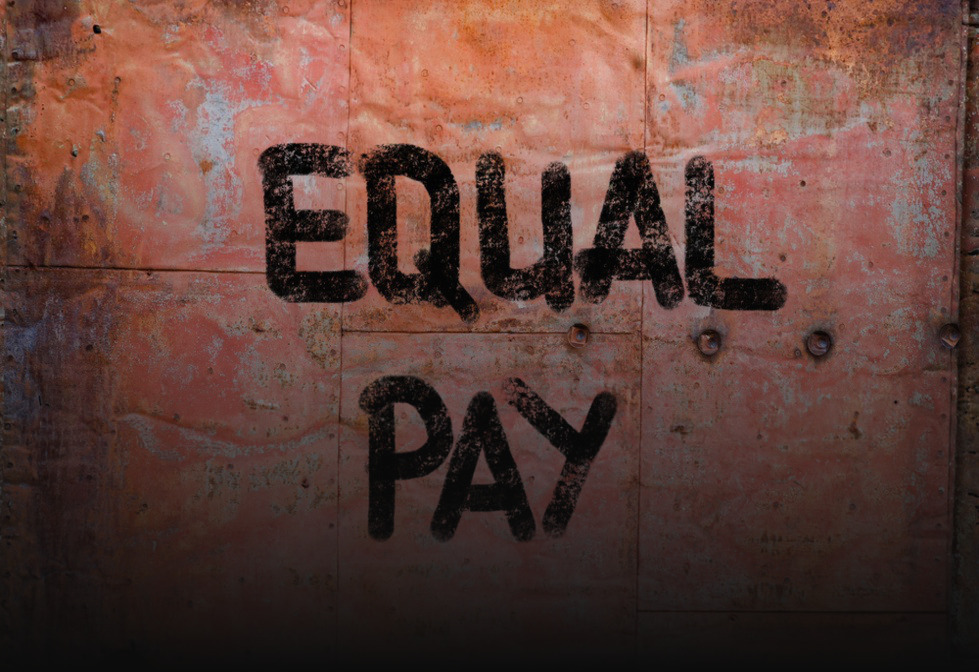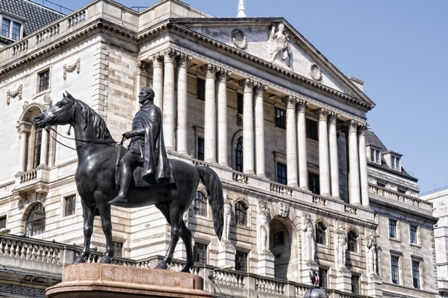Imperialism is not the foundation of economic growth
SUGGESTED

Matthew Lesh writes for The Times

Shadow Monetary Policy Committee referenced in Mortgage Strategy

Kristian Niemietz writes for The Telegraph
Kristian wrote:
“Economic Historians have been researching this subject for quite some time. In the 1980s, Professor Patrick O’Brien, a Professor of Economic History, came up with an estimate of all the profits that British merchants, entrepreneurs and investors made from overseas trade in the late 18th and early 19th century.
“He shows that under those assumptions, profits from the periphery would have been enough to finance around 15 per cent of Britain’s overall domestic investment in that period: a sizeable contribution, but clearly not the whole story. So much for the benefits of the Empire. What about its costs?
“In a follow-up paper, Prof O’Brien estimates that imperialism inflated British military spending to such an extent that, without the Empire, Britain could have slashed its tax burden by almost a quarter. One need not be a believer in ‘Reaganomics’ to see that a tax cut of such a magnitude would have acted as a major stimulus to the British economy. It therefore seems quite plausible that the costs of the Empire exceeded its benefits.”
Read Kristian’s full piece here.



